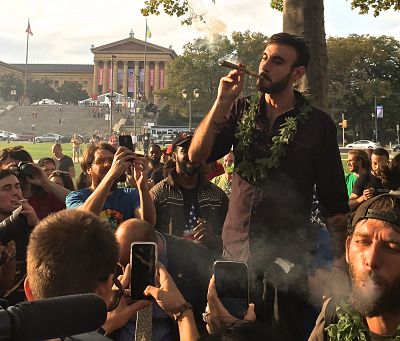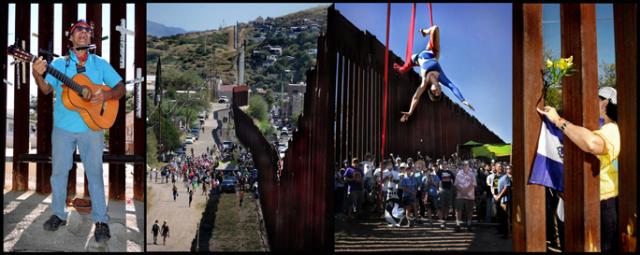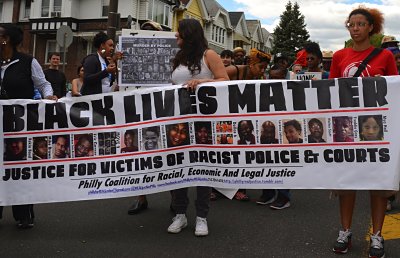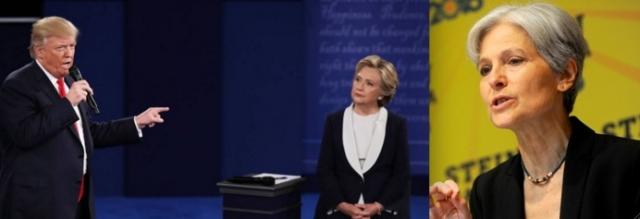Media coverage of the Standing Rock protests against the Dakota Access Pipeline has been hopelessly myopic. Certainly environmental justice, police brutality and the violation of sacred burial grounds are important topics, but no one has addressed the larger systemic issues at play: Native American treaty rights and how their handling portends dismally for the everyone else. Even the most self-centered and politically apathetic must realize Pastor Martin Niemöller’s warning that it’s only a matter of time before even the most mainstream of society are persecuted.
To truly appreciate the full significance of the face-off at Standng Rock, one has to understand the historical context of this struggle, which has seen supporters from 300 Indian tribes lining up to back the Sioux People.
Every person in the United States has the right to clean water, but for Native Americans, that right is two-fold. The treaties that set up Indian reservations were not simply land ownership agreements. The terms actually dictated a broader set of terms. This includes not just land, but also the obligation to protect tribal property and assets; in other words, natural resources such as clean water.
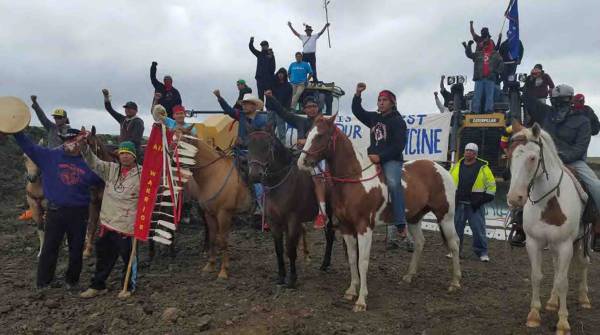 Protectors at Standing Rock
Protectors at Standing Rock
Furthermore, the Snyder Act of 1921 delineated that the federal government is also obligated to provide health care to federally recognized tribes. While this typically takes the form of providing clinics and health insurance through Indian Health Services, ensuring clean water is obviously a basic tenant to providing basic public health care.
So when the Sioux who live on the Standing Rock Indian Reservation demand that their source of clean water is protected, it’s not simply a matter of basic human rights, but also a contractual financial obligation.
But the bigger concept at play here is that the 56.2 million acres of land that are identified as reservation land (totaling about 2% of the United States), are actually held “in trust.”
Most of us don’t know what that means. In life experience of the average American, you either own something or you don’t, but a “trust” is something in between. Some rich children have an idea. It’s similar to the “trust funds” that wealthy people set up for their children. The money is named to them and for their use, but with active management and significant restrictions on its use. Only at least with rich kids, at a certain age, the trust money usually is given to them outright and they can spend it however they see fit. That will never happen for the lands held in trust for Native Americans.
What that means on a practical level is that even if a specific tribe has rights to the land of reservation, it’s only in the setting of the high regulation from the Bureau of Indian Affairs.


